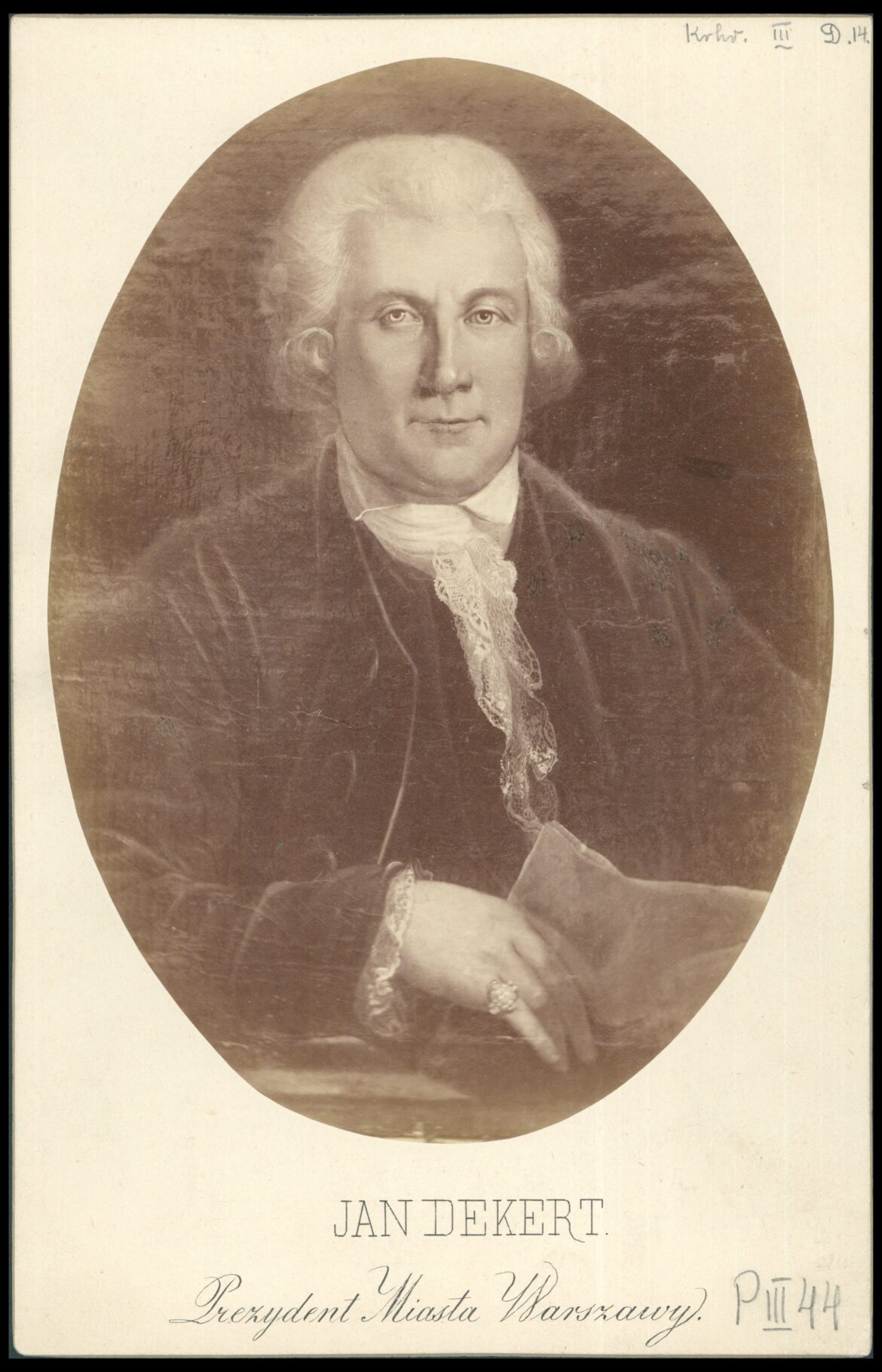The Government Act passed by the Four-Year Sejm on May 3, 1791, is an outstanding achievement of Polish legislation. It is considered the world’s second (after the American) written constitution. This act was created to reform the system of the First Polish Republic, by introducing a hereditary monarchy, equating the bourgeoisie and nobility with personal rights and extending protection over peasants. The Law on Cities was also included in the constitution.
It was adopted during the parliamentary sessions on April 18, 1791, and its adoption was the culmination of the efforts of Polish city authorities, animated by Hugo Kołłątaj (1750-1812). During the reign of Stanisław August 1764-1795, the ruling elite noticed that the Polish system based on the domination of the nobility was anachronistic, and the weakness of cities and the bourgeoisie was related to the weakness of the state.
In December 1789, 141 representatives of royal cities, led by the Mayor of Warsaw, Jan Dekert (1738-1790), organized the so-called black procession. The name was related to the colour of the delegates’ clothes. The procession set out from the Warsaw City Hall to reach the Royal Castle, where the parliamentary sessions were held. A petition demanding the granting of public rights to the burghers was handed over to the king.
Opponents of any changes, benefiting from maintaining the status quo, tried to present the speech of city representatives as an announcement of events similar to those that took place at that time in France, torn by revolution. However, the supporters of reforms were rather motivated by the pursuit of a “good order”, as it was then called. Although the program presented in the petition submitted to the king was not approved, the speech of the city delegates resulted in the adoption of the act ” Our free royal cities in the states of the Commonwealth” or Laws on Cities two years later.
Royal cities obtained the right to observe the deliberations of the Sejm, and the burghers were not imprisoned without a court sentence. Moreover, city dwellers were no longer blocked from acquiring land and holding state offices that were previously unavailable to them. Nothing prevented them from being promoted in the military and church hierarchy, and from being able to strive for ennoblement.
The regulations applied only to royal cities (apart from them, there were also private cities in the Polish-Lithuanian Commonwealth). The legislation of the Law on Cities is considered to be one of the greatest achievements of the Great Sejm.





